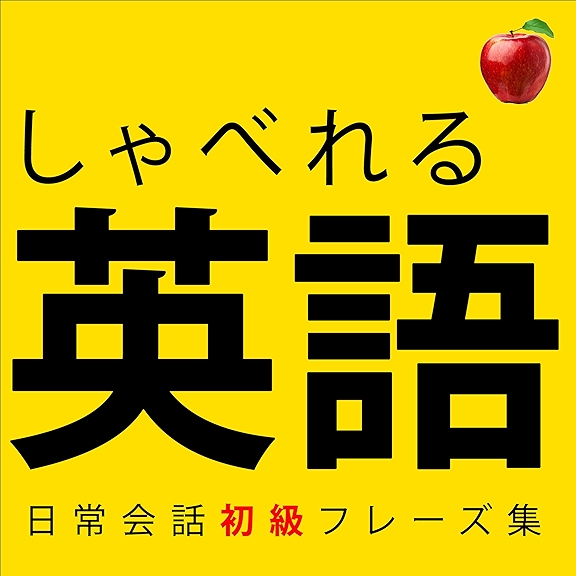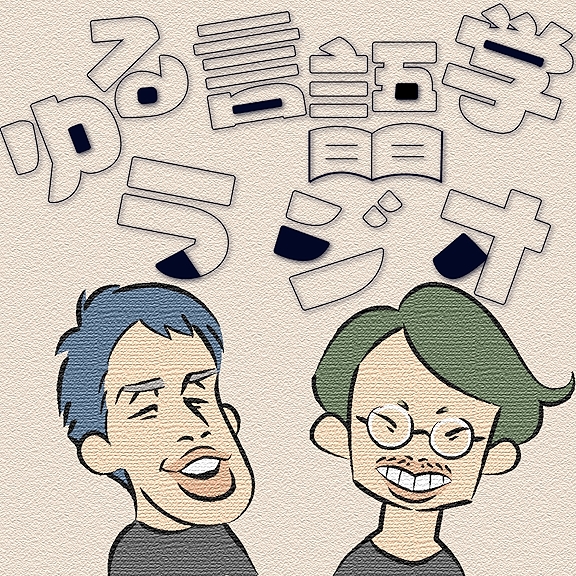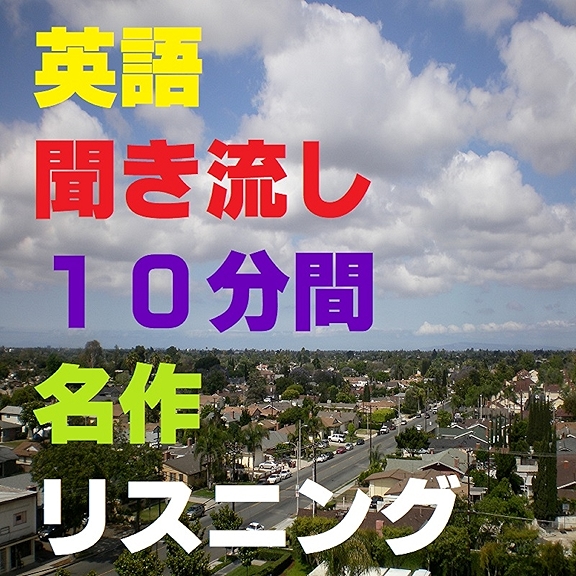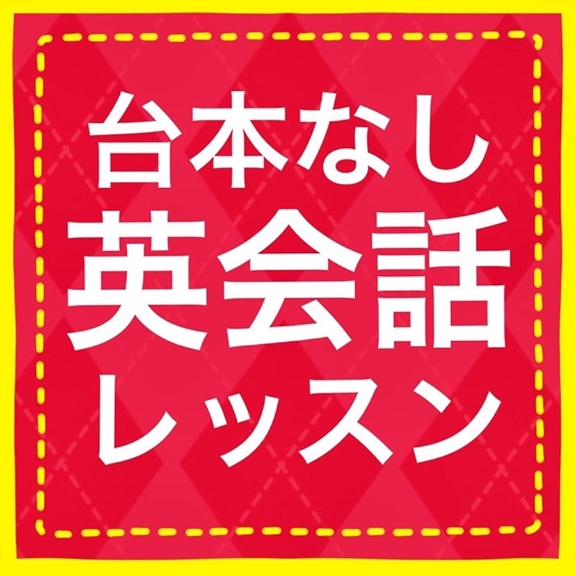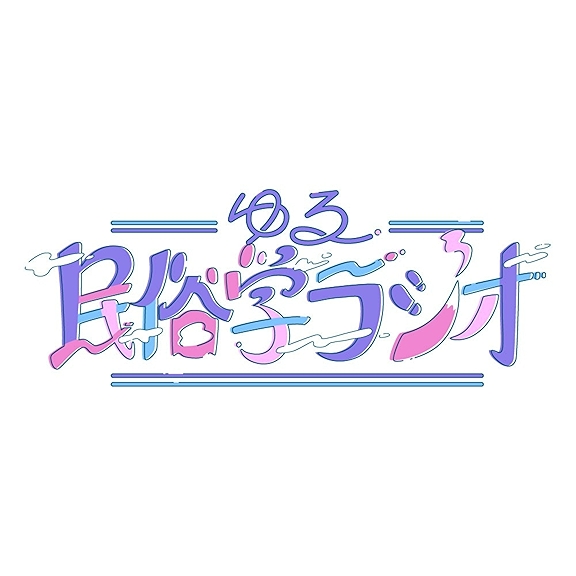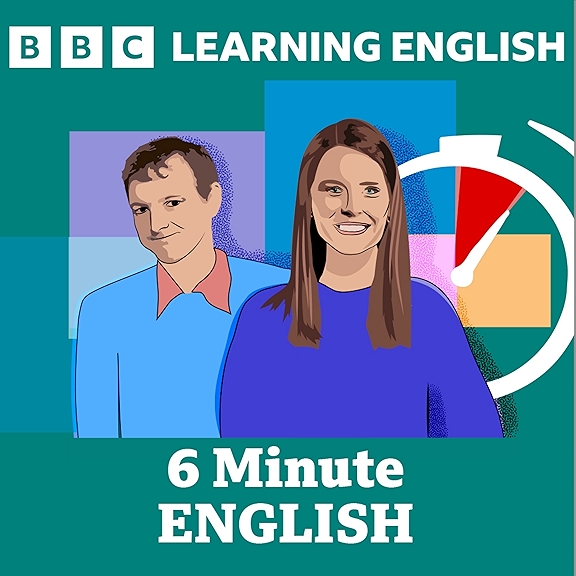
If you haven't heard of the shingles, then today I will teach you something both interesting and important for your health. The shingles is actually a virus. It is one of the herpes viruses. I have had close contact with it recently, as my mother has it. Don't let the pretty sound of the word fool you; shingles sounds like jingles, a happy ringing of bells. Well, its quite the opposite. It is horrendous. I think it should be renamed to something like, 'The dark knife', or 'The burning storm'. It is actually the chicken pox virus. That is an illness that we tend to have as children. Nowadays there are vaccines for chicken pox, so children can at least be protected against a bad dose of the illness. If you have had it, the virus will continue to live in your body. It basically stays dormant in a nerve of its choice. Later in life, when your immune system is weak, it flares up(1), producing a burning rash and a lot of nerve pain. The nerves can actually be permanently damaged and painful in a bad case. Thankfully though, there is a vaccine that we as adults can have when we are about 50. The shingles is also contagious. If you are touched by someone who has scratched their rash, you could catch it. It is rare, but possible. I will certainly get vaccinated, and I hope you do too. My mother told me that it is the most painful thing she has experienced, and it is taking weeks for her to recover. That means: loss of work, no socializing, no energy, and feeling miserable for a long time.
The good news is that she is recovering. Her rash has cleared up(2), and she has less pain. She had the worst case scenario; the virus was in her trigeminal nerve which runs along the top and left side of your head, into your left eye, and down to your chest. Her eye was so swollen at one point(3) that the doctor couldn't open it. Thankfully, now I can talk to her and see both of her lovely eyes, not just one. It will still take her weeks to get back to normal, but her very strong medicines are helping her recover. I will continue taking her to regular doctors' appointments and making sure that she has everything she needs. I'm hoping that as Spring comes, she will get her energy back and be able to enjoy the flowers and the nice weather. It has been a real education in health and medical care for me, one which I hope won't be repeated.
1. 'To flare up' means to surface or be activated. It can be used with physical symptoms or emotions.
a. My rash flared up because I ate something I am sensitive to.
b. His anger flared up when he bumped into his ex boss.
2. 'To clear up' is almost the opposite of 'to flare up'. It means to get better, or get resolved. It also can be used in an emotional context.
a. His acne cleared up after the dermatologist gave him some strong medicine.
b. We talked about our problem, and finally cleared up the issue.
3. 'At one point' is super useful in just about any context.
a. We waited in line for so long that at one point I was ready to fall asleep.
b. My back hurt so much that at one point I couldn't even walk.
c. The teacher made no sense; at one point I felt like pulling out my hair.





